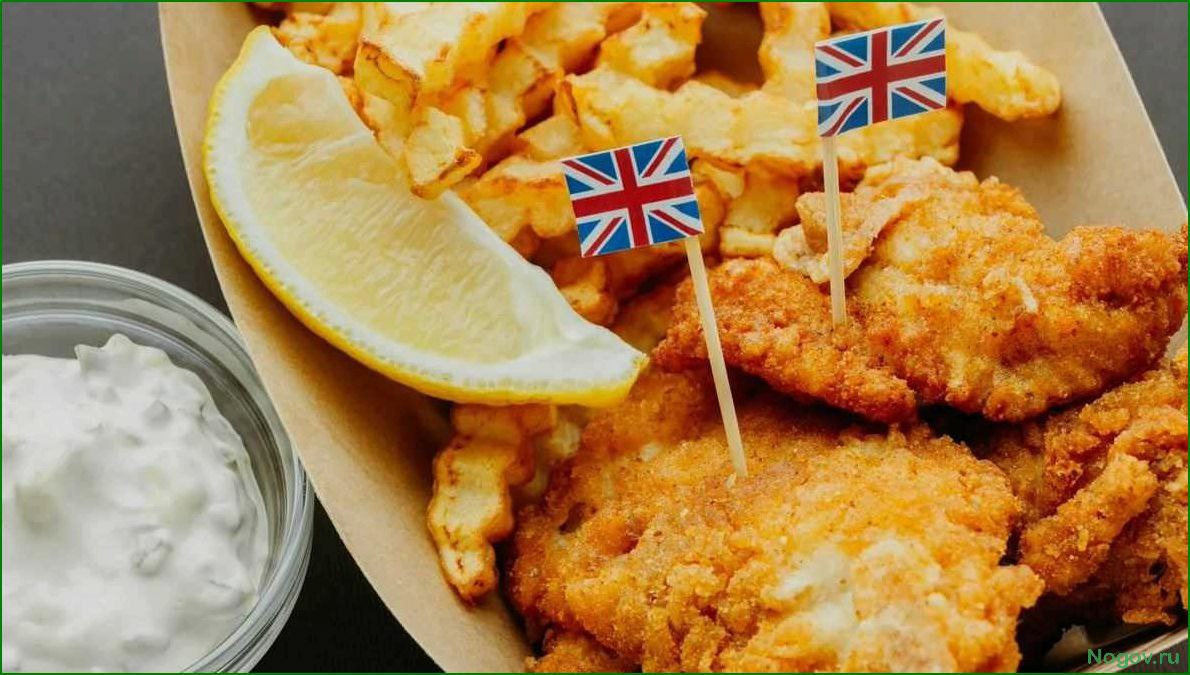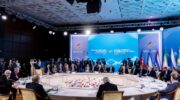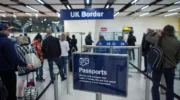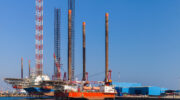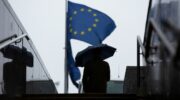Anti-Russian sanctions have led to unprecedented consequences: the world’s first denunciation of international agreements in the field of food and the shortage of fish and chips. By the name of the traditional dish, you can guess that the United Kingdom got on the hook of its own prohibitions.
For almost 70 years, the British have been eating Russian fish for free. Free in the sense that the UK did not pay a penny for permission to fish in Russian waters – it just caught it for itself as much as it wanted.
This story has been going on since 1956. It was then that the governments of the USSR and the UK signed an agreement in Moscow granting British fishing vessels the right to fish in the waters of the Barents Sea along the coast of the Kola Peninsula, as well as along the mainland east of Cape Kanin Nos and the coast of Kolguev Island.
The Soviet Union collapsed, but the treaty continued to operate, as Russia became the legal successor of the USSR. In 2014, when the collective West “piled on” Russia and began to impose economic sanctions, the British still ate Russian fish. Russia continued to feed the British after February 2022, when the same collective West decided to “wipe it off the face of the earth, isolate it and tear it to shreds.” In the spring of 2022, London “turned off” the maximum-favored-nation trade regime for Moscow and imposed a 35 percent duty on a number of goods imported from Russia.
In January 2024, the Ministry of Foreign Affairs and the Ministry of Agriculture made a proposal: Russia is forced to terminate the Barents Sea fishing agreement with the United Kingdom. The Government approved the cancellation of the fishing agreement.
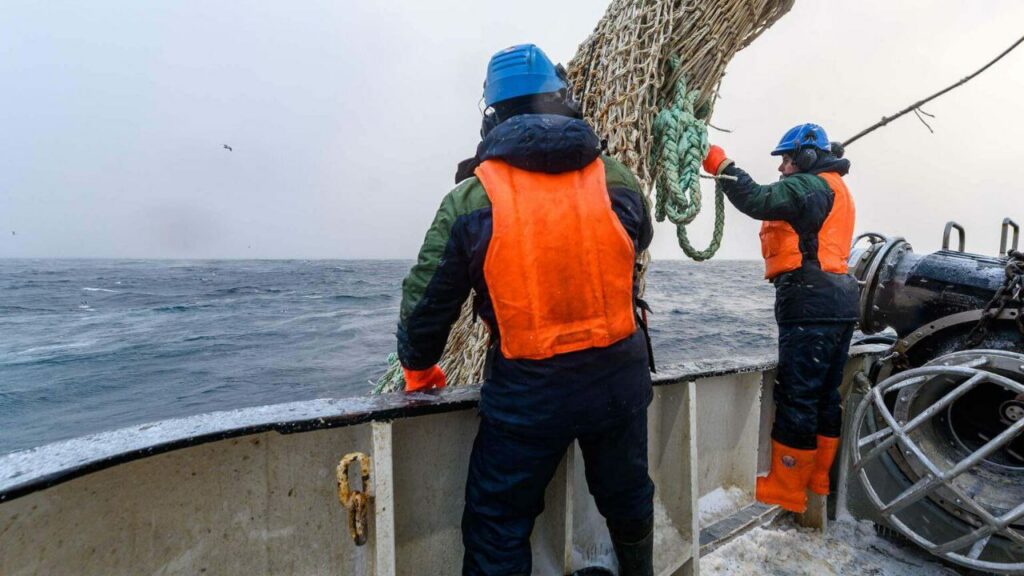
No tail, no scales
As often happens, the sanctions imposed by Britain against Russia have had the opposite effect: now the policy of the British government threatens losses, in fact, to Britain itself. The country belongs to the fishing powers of the European Union, which annually catches up to 800 thousand tons of fish. The main fishery is conducted in the northeast of Scotland, near the rich fishing areas of the North Sea and the North Atlantic Ocean. Cod, mackerel, herring and whiting are of the most important commercial importance.
By the way, fish, more precisely, Russian cod, occupies 40 percent of the British diet. According to the Daily Mail, in 2023, British anglers caught more than 566 thousand tons of Russian cod in the Barents Sea.
The same part of cod and haddock, sold in the form of fish and chips, a popular dish in the UK (fish in batter with fried potatoes), is traditionally mined in Russian waters. The shops of the foggy Albion mainly sell white fish, half of which are mined in the waters of Russia.
Andrey Suzdaltsev, Deputy Dean of the Faculty of World Economics and World Politics at the Higher School of Economics, recalled that in the 50s of the last century, the Soviet Union possessed huge fish stocks, some of which were not even developed. The purpose of the 1956 agreement was to strengthen good-neighborly relations with Western countries and, above all, the UK, which had already become a nuclear power at that time. The Soviet leadership believed that with such a generous gesture it would be possible to stop the Cold War and stop the arms race. Moreover, British trawlers could not only fish near the Kola Peninsula, but even anchor.
– And they have had this opportunity until today. As a result, now the British consider these waters almost their own and every year they send a fishing fleet to them, which catches cod in them first. And this is one of the most valuable fish, rich in vitamins,” the expert stressed. – It turns out that in our own waters we are being robbed by a country that is pursuing a harsh anti-Russian policy against us.
Tatyana Kreidenko, Associate Professor of the Department of Regional Economics and Geography at the Faculty of Economics of the RUDN University, noted that this case is the first in the world practice of denouncing international agreements in the field of food. She predicted serious consequences of such a decision for the UK fisheries, which is already in a crisis after the country’s withdrawal from the European Union. At the same time, this decision has no consequences for the Russian economy.
Leaving the European Union allowed Britain to expel European anglers from its waters. Immediately after that, London increased fishing quotas in the North Sea for its anglers in order to promote Brexit, which, however, led to unpleasant consequences: stocks of many types of fish decreased significantly, and the price of it increased.
In recent years, as the temperature of the waters around the British Isles has increased, many species of fish, and especially cod, have begun to move further north to cooler waters, that is, to Russian ones.
Taking into account all these factors, the withdrawal of the Barents Sea from British use drives another nail into the coffin of the already declining British fishing industry.
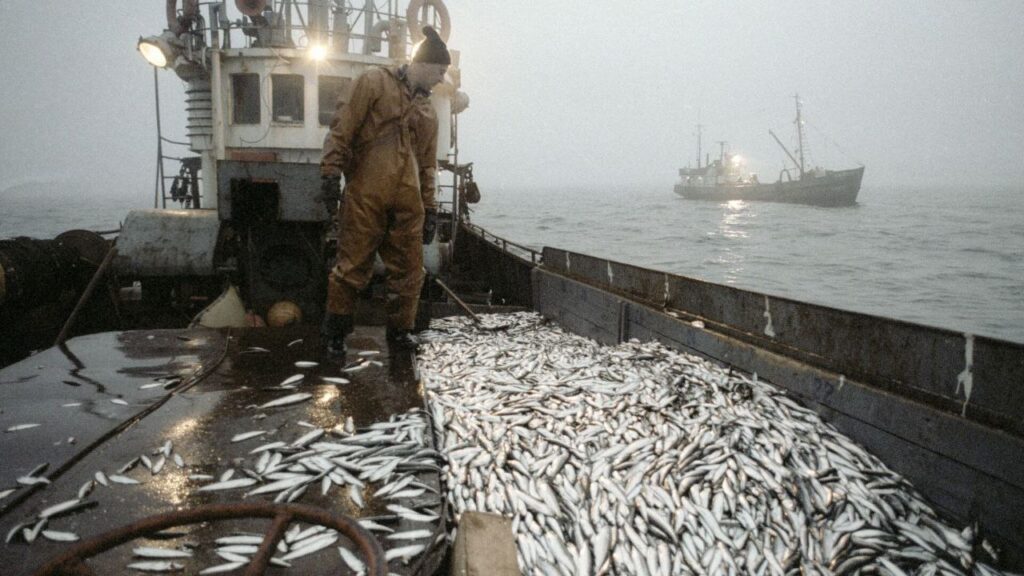
It hurts to fall from high latitudes
Being located south of the Arctic Circle, the United Kingdom has historically been active in the northern direction. In early February 2023, London presented its new Arctic strategy, according to which Britain intends to strengthen significantly its participation in polar affairs: not being an Arctic state, it plans to play a “key role” in high latitudes in the near future.
The key method for expanding influence should be to strengthen the military and political presence in the Arctic Circle. Both existing and new ties with the Western Arctic countries should help London in this. First, we are talking about cooperation through NATO. In fact, London is betting on “friendship against Russia.” The British expect to inflate the Arctic confrontation with all their might in order to “sell” successfully their “defense services” to other Arctic powers against this background.
The Russian position on the Arctic has always been the opposite: the Arctic is a territory of peace and dialogue, while the Arctic countries themselves must decide the fate of high latitudes, directly and without outside “help”.
At the same time, Russia today has the longest coastline in the Arctic, and the country’s Armed Forces have the greatest capabilities in terms of number of men and number of weapons. The Russian military is based both in the continental North and in remote territories and islands.
Russia has the largest icebreaking fleet in the world, and the Northern Fleet has powerful nuclear submarines. Military airfields and air defense systems, intelligence bases and radar systems are located in the Arctic.
Politico wrote that Russia remains the leader of the Arctic global race to develop a region whose resources are of great importance to the global economy. Scientists estimate that the Arctic region contains about 22 percent of undiscovered oil and natural gas reserves, as well as uranium, gold, diamonds and large reserves of rare earth metals, the value of which is estimated at about a trillion dollars. In addition, the waters of the Arctic Ocean open up new transport and logistics prospects. Arctic shipping routes can shorten traditional commercial shipping routes by days, if not weeks.
By stepping on the thin ice of anti-Russian rhetoric, Britain itself is damaging its geopolitical influence in the Arctic and risks never reaching high latitudes.

